My Resources
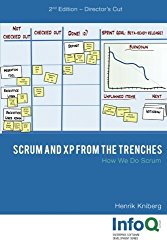
Scrum and Xp from the Trenches 2nd Edition
This book aims to give you a head start by providing a detailed downtoearth account of how one Swedish company implemented Scrum and Xp with a team of approximately 40 people and how they continuously improved their process over a year's time. Under the leadership of Henrik Kniberg they experimented with different team sizes, different sprint lengths, different ways of defining "done", different formats for product backlogs and sprint backlogs, different testing strategies, different ways of doing demos, different ways of synchronizing multiple Scrum teams, etc. They also experimented with Xp practices different ways of doing continuous build, pair programming, test driven development, etc, and how to combine this with Scrum. This second edition is an annotated version, a "director's cut" where Henrik reflects upon the content and shares new insights gained since the first version of the book.
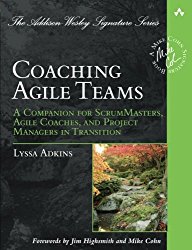
Coaching Agile Teams: A Companion for ScrumMasters, Agile Coaches, and Project Managers in Transition
As an agile coach, you can help project teams become outstanding at agile, creating products that make them proud and helping organizations reap the powerful benefits of teams that deliver both innovation and excellence. More and more frequently, ScrumMasters and project managers are being asked to coach agile teams. But it’s a challenging role. It requires new skills—as well as a subtle understanding of when to step in and when to step back. Migrating from “command and control” to agile coaching requires a whole new mind-set. In Coaching Agile Teams, Lyssa Adkins gives agile coaches the insights they need to adopt this new mind-set and to guide teams to extraordinary performance in a re-energized work environment.
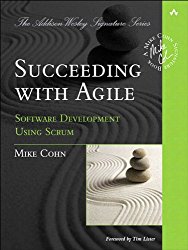
Succeding with Agile: Software Development Using Scrum
This is the definitive, realistic, actionable guide to starting fast with Scrum and agile–and then succeeding over the long haul. Leading agile consultant and practitioner Mike Cohn presents detailed recommendations, powerful tips, and real-world case studies drawn from his unparalleled experience helping hundreds of software organizations make Scrum and agile work. Succeeding with Agile is for pragmatic software professionals who want real answers to the most difficult challenges they face in implementing Scrum. Cohn covers every facet of the transition: getting started, helping individuals transition to new roles, structuring teams, scaling up, working with a distributed team, and finally, implementing effective metrics and continuous improvement.
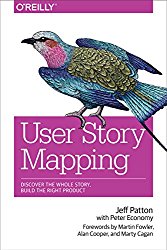
User Story Mapping: Discover the Whole Story, Build the Right Product
User story mapping is a valuable tool for software development, once you understand why and how to use it. This insightful book examines how this often misunderstood technique can help your team stay focused on users and their needs without getting lost in the enthusiasm for individual product features. Author Jeff Patton shows you how changeable story maps enable your team to hold better conversations about the project throughout the development process. Your team will learn to come away with a shared understanding of what you’re attempting to build and why.
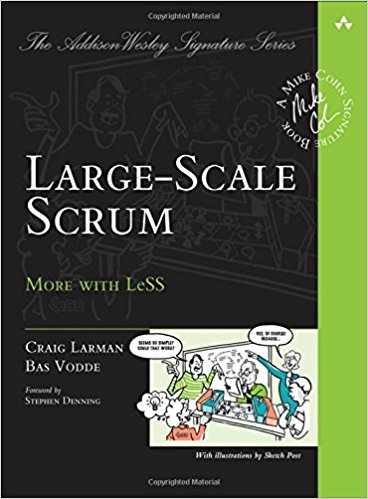
Large-Scale Scrum: More with LeSS (Addison-Wesley Signature Series (Cohn))
Rather than asking, “How can we do agile at scale in our big complex organization?” a different and deeper question is, “How can we have the same simple structure that Scrum offers for the organization, and be agile at scale rather than do agile?” This profound insight is at the heart of LeSS (Large-Scale Scrum). In Large-Scale Scrum: More with LeSS, Craig Larman and Bas Vodde have distilled over a decade of experience in large-scale LeSS adoptions towards a simpler organization that delivers more flexibility with less complexity, more value with less waste, and more purpose with less prescription.
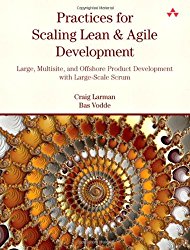
Agile Contracts Primer
Companies have been successfully writing and using “agile contracts” or “evolutionary contracts” for many years. At Valtech (where Craig worked), they apply Scrum in the outsourced projects they take on—both in their Bangalore development center and elsewhere—and write contracts that support this. Other agile outsourcers, such as ThoughtWorks, have done likewise. This introduction is written with two audiences in mind: non-lawyers and (contract) lawyers. We encourage sharing it with legal professionals since some of the material is written for them.
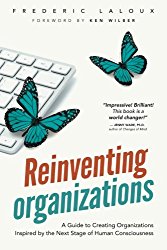
Reinventing Organizations
The way we manage organizations seems increasingly out of date. Survey after survey shows that a majority of employees feel disengaged from their companies. The epidemic of organizational disillusionment goes way beyond Corporate America-teachers, doctors, and nurses are leaving their professions in record numbers because the way we run schools and hospitals kills their vocation. Government agencies and nonprofits have a noble purpose, but working for these entities often feels soulless and lifeless just the same. All these organizations suffer from power games played at the top and powerlessness at lower levels, from infighting and bureaucracy, from endless meetings and a seemingly never-ending succession of change and cost-cutting programs.
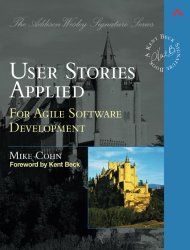
User Stories Applied: For Agile Software Development
Thoroughly reviewed and eagerly anticipated by the agile community, User Stories Applied offers a requirements process that saves time, eliminates rework, and leads directly to better software. The best way to build software that meets users' needs is to begin with "user stories": simple, clear, brief descriptions of functionality that will be valuable to real users. In User Stories Applied, Mike Cohn provides you with a front-to-back blueprint for writing these user stories and weaving them into your development lifecycle
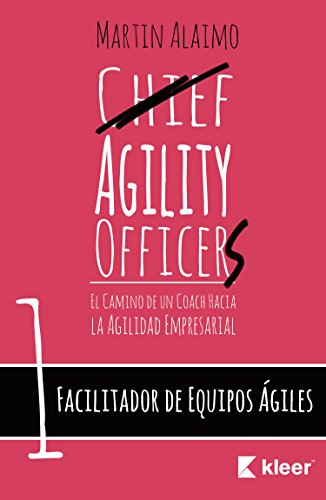
Facilitador de Equipos Ágiles: El camino de un coach hacia la agilidad empresarial
Desde hace varios años, y cada vez con mayor intensidad, la vida en las organizaciones tradicionales está llegando a su fin. No importa con quién hables, desde el empleado más nuevo hasta el gerente con mayor rango, pasando por el cliente más importante, muchas veces se percibe más desilusión que entusiasmo. Con un escenario así, no es de extrañar que en el mundo empresarial se estén produciendo profundos cambios, tanto en la forma de hacer negocios, como en las formas de estructurar empresas, liderar equipos y gestionar el trabajo. En sintonía con estos cambios se ha ido consolidando un rol fundamental: el coach ágil, un facilitador, catalizador y agente del cambio. Actualmente muchas personas se están formando y transformando en coaches ágiles. Cada nuevo coach ágil emerge con su propia concepción de la profesión, rara vez coincidente con la de otros coaches ágiles. Por esto último, es necesario un entendimiento profundo y compartido sobre las responsabilidades, las habilidades y la formación necesaria para desempeñarse como tal. A través de esta colección, el autor se propone trazar un camino posible, entre tantos otros, para que un coach ágil logre adquirir los conocimientos y desarrollar las habilidades que considera necesarios para el ejercicio de esta hermosa profesión.
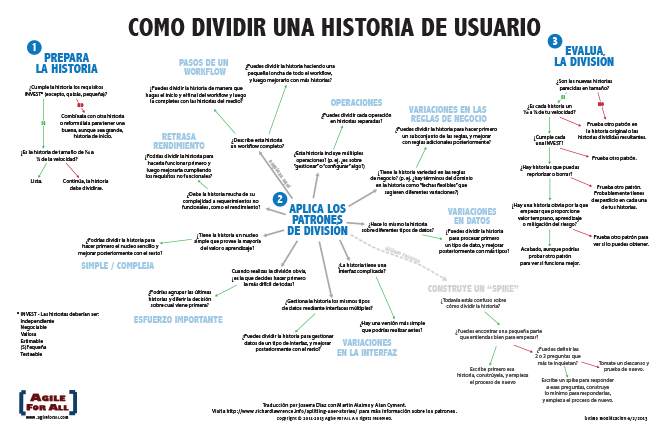
Cómo dividir una historia de usuario
Good user stories follow Bill Wake’s INVEST model. They’re Independent, Negotiable, Valuable, Estimable, Small, and Testable. The small requirement drives us to split large stories. But the stories after splitting still have to follow the model. Many new agile teams attempt to split stories by architectural layer: one story for the UI, another for the database, etc. This may satisfy small, but it fails at independent and valuable. Over my years with agile, I’ve discovered nine patterns for splitting user stories into good, smaller stories.
Agile Metrics - The Good, the Bad, and the Ugly
Suitable agile metrics reflect either a team’s progress in becoming agile or your organization’s progress in becoming a learning organization. At the team level, qualitative agile metrics typically work better than quantitative metrics. At the organizational level, this is reversed: quantitative agile metrics provide better insights than qualitative ones.
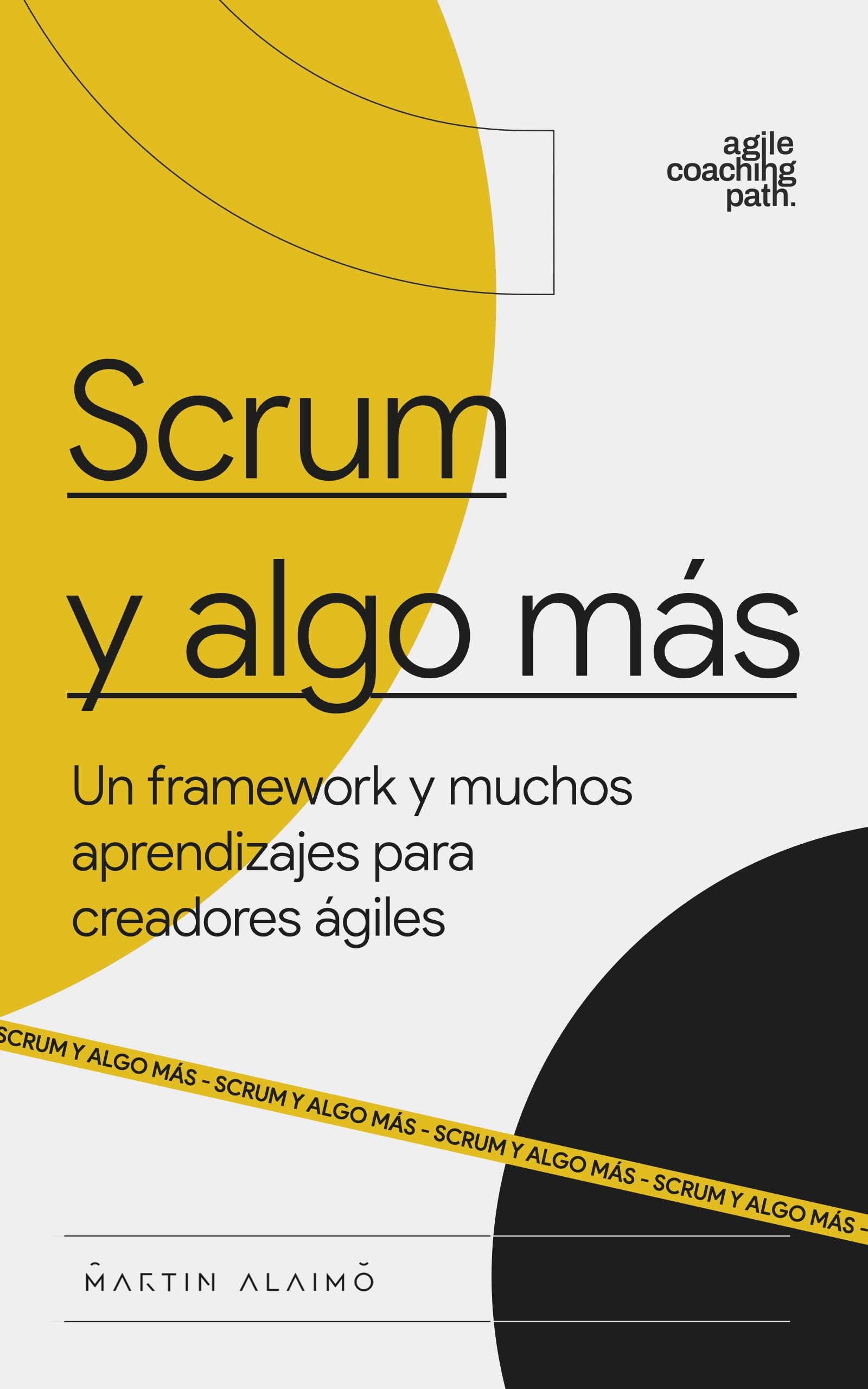
Scrum y algo más
Scrum tiene el poder de potenciar tus prácticas y resolver problemas en contextos complejos si logras llegar a la raíz de su significado y sabes emplearlo adecuadamente para aprovechar al máximo sus beneficios. Este marco de trabajo funciona porque entiende las necesidades humanas de relacionarnos, actuar por una motivación compartida, aprender, crear y crecer.
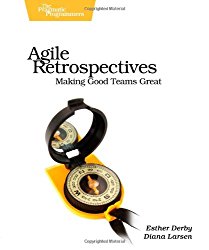
Agile Retrospectives: Making Good Teams Great
Project retrospectives help teams examine what went right and what went wrong on a project. But traditionally, retrospectives (also known as “post-mortems”) are only held at the end of the project—too late to help. You need agile retrospectives that are iterative and incremental. You need to accurately find and fix problems to help the team today. Now Esther and Diana show you the tools, tricks and tips you need to fix the problems you face on a software development project on an on-going basis. You’ll see how to architect retrospectives in general, how to design them specifically for your team and organization, how to run them effectively, how to make the needed changes and how to scale these techniques up. You’ll learn how to deal with problems, and implement solutions effectively throughout the project—not just at the end.
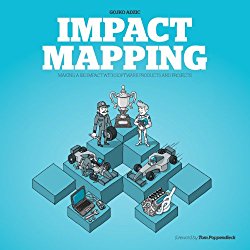
Impact Mapping: Making a Big Impact with Software Products and Projects
Software is everywhere today, but countless software products and projects die a slow death without ever making any impact. The result is a tremendous amount of time and money wasted due to wrong assumptions, lack of focus, poor communication of objectives, lack of understanding and misalignment with overall goals. There has to be a better way to deliver! This handbook is a practical guide to impact mapping, a simple yet incredibly effective method for collaborative strategic planning that helps organisations make an impact with software. Impact mapping helps to create better plans and roadmaps that ensure alignment of business and delivery, and are easily adaptable to change. Impact mapping fits nicely into several current trends in software product management and release planning, including goal-oriented requirements engineering, frequent iterative delivery, agile and lean software methods, lean startup product development cycles, and design thinking.
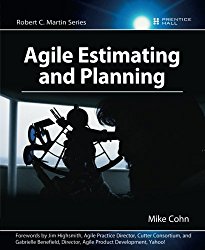
Agile Estimating and Planning
Agile Estimating and Planning is the definitive, practical guide to estimating and planning agile projects. In this book, Agile Alliance cofounder Mike Cohn discusses the philosophy of agile estimating and planning and shows you exactly how to get the job done, with real-world examples and case studies. Concepts are clearly illustrated and readers are guided, step by step, toward how to answer the following questions: What will we build? How big will it be? When must it be done? How much can I really complete by then? You will first learn what makes a good plan-and then what makes it agile.
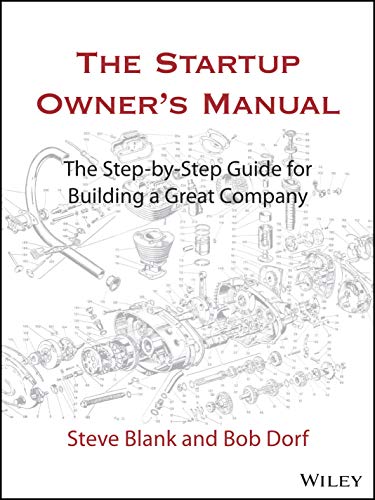
The Startup Owner's Manual: The Step-By-Step Guide for Building a Great Company
The National Science Foundation pays hundreds of startup teams each year to follow the process outlined in the book, and it's taught at Stanford, Berkeley, Columbia and more than 100 other leading universities worldwide. Why?
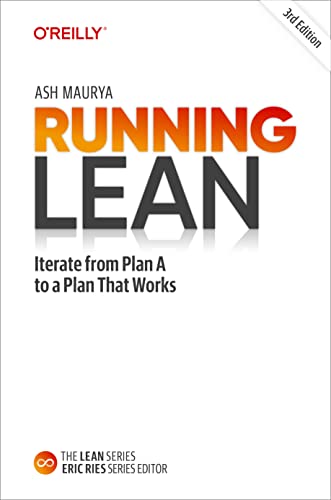
Running Lean
We're building more products today than ever before, but most of them fail--not because we can't complete what we want to build but because we waste time, money, and effort building the wrong product. What we need is a systematic process for quickly vetting product ideas and raising our odds of success. That's the promise of Running Lean.
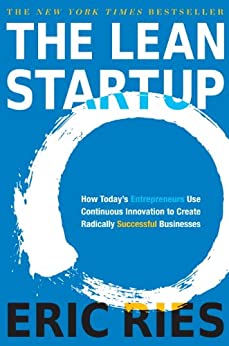
The Lean Startup: How Today's Entrepreneurs Use Continuous Innovation to Create Radically Successful Businesses.
Most startups fail. But many of those failures are preventable. The Lean Startup is a new approach being adopted across the globe, changing the way companies are built and new products are launched.
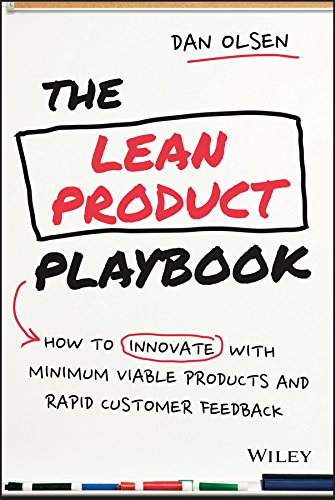
The Lean Product Playbook: How to Innovate with Minimum Viable Products and Rapid Customer Feedback
The Lean Product Playbook is a practical guide to building products that customers love. Whether you work at a startup or a large, established company, we all know that building great products is hard. Most new products fail. This book helps improve your chances of building successful products through clear, step-by-step guidance and advice.
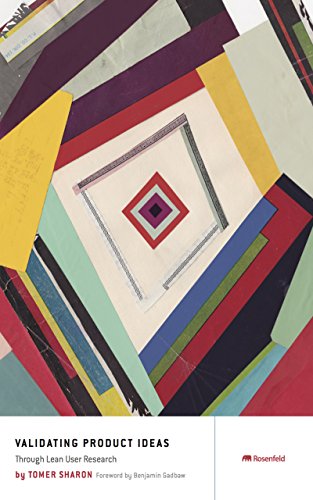
Validating Product Ideas: Through Lean User Research
Want to know what your users are thinking? If you’re a product manager or developer, this book will help you learn the techniques for finding the answers to your most burning questions about your customers. With step-by-step guidance, Validating Product Ideas shows you how to tackle the research to build the best possible product.
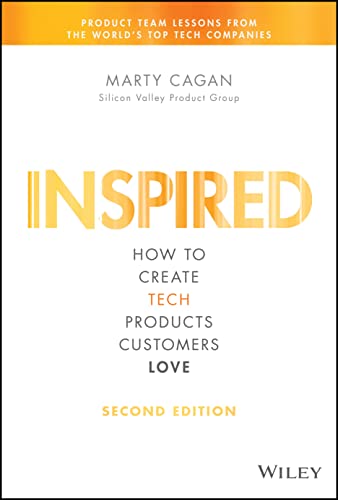
INSPIRED: How to Create Tech Products Customers Love
Learn to design, build, and scale products consumers can’t get enough of How do today’s most successful tech companies―Amazon, Google, Facebook, Netflix, Tesla―design, develop, and deploy the products that have earned the love of literally billions of people around the world? Perhaps surprisingly, they do it very differently than most tech companies. In INSPIRED, technology product management thought leader Marty Cagan provides readers with a master class in how to structure and staff a vibrant and successful product organization, and how to discover and deliver technology products that your customers will love―and that will work for your business.
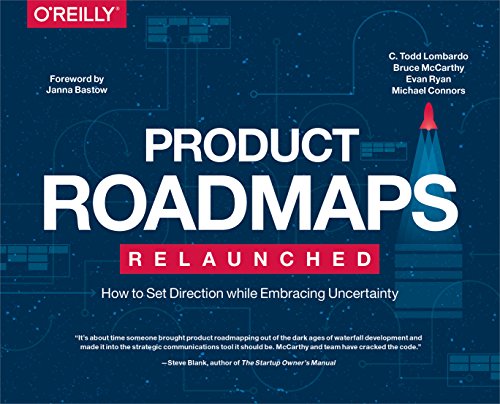
Product Roadmaps Relaunched: How to Set Direction while Embracing Uncertainty
A good product roadmap is one of the most important and influential documents an organization can develop, publish, and continuously update. In fact, this one document can steer an entire organization when it comes to delivering on company strategy. This practical guide teaches you how to create an effective product roadmap, and demonstrates how to use the roadmap to align stakeholders and prioritize ideas and requests. With it, you’ll learn to communicate how your products will make your customers and organization successful.
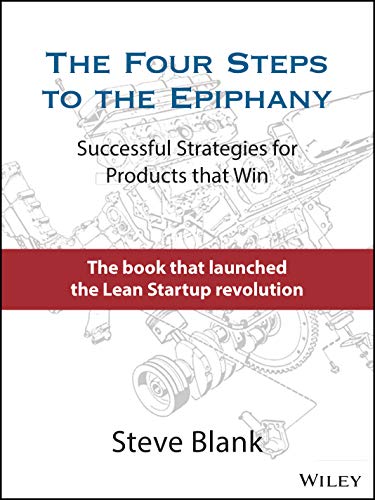
The Four Steps to the Epiphany: Successful Strategies for Products that Win
The bestselling classic that launched 10,000 startups and new corporate ventures - The Four Steps to the Epiphany is one of the most influential and practical business books of all time. The Four Steps to the Epiphany launched the Lean Startup approach to new ventures. It was the first book to offer that startups are not smaller versions of large companies and that new ventures are different than existing ones. Startups search for business models while existing companies execute them.
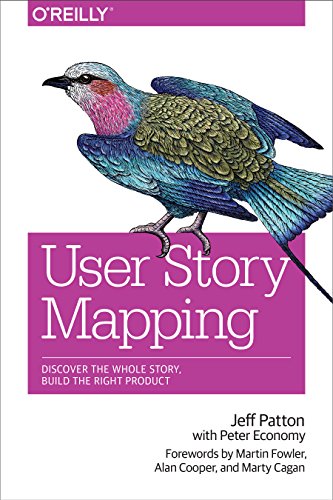
User Story Mapping: Discover the Whole Story, Build the Right Product
User story mapping is a valuable tool for software development, once you understand why and how to use it. This insightful book examines how this often misunderstood technique can help your team stay focused on users and their needs without getting lost in the enthusiasm for individual product features.
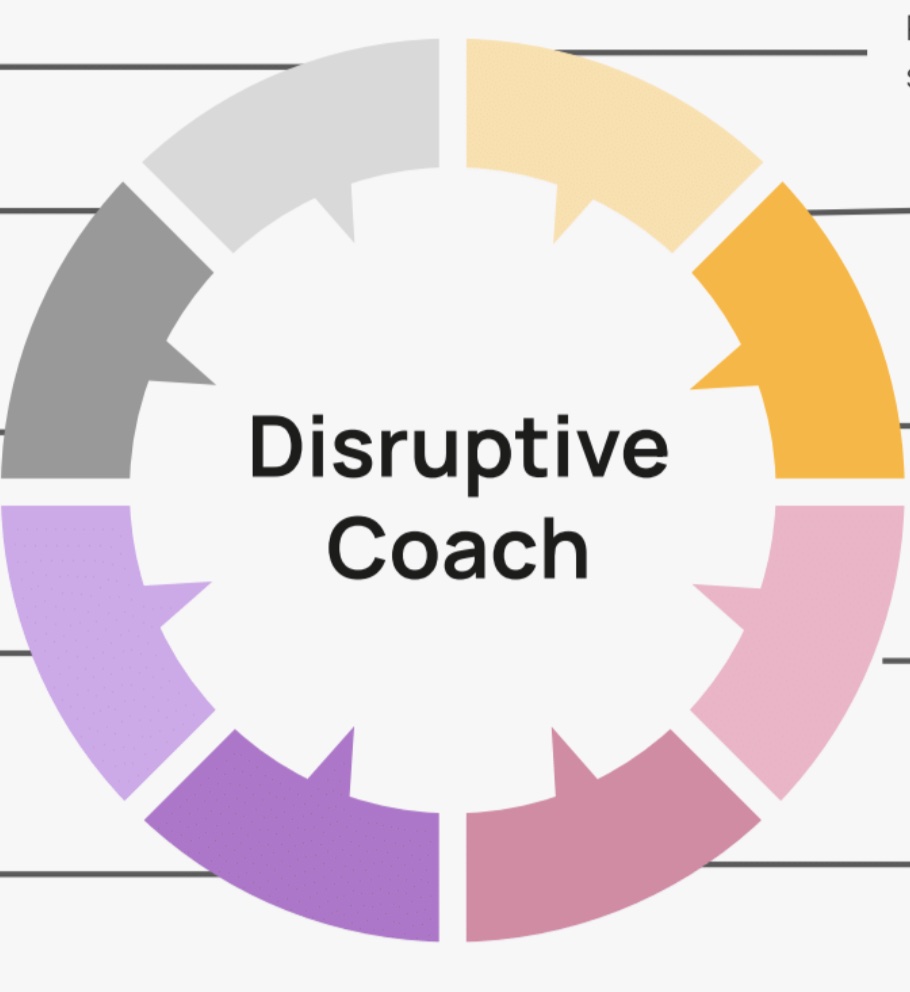
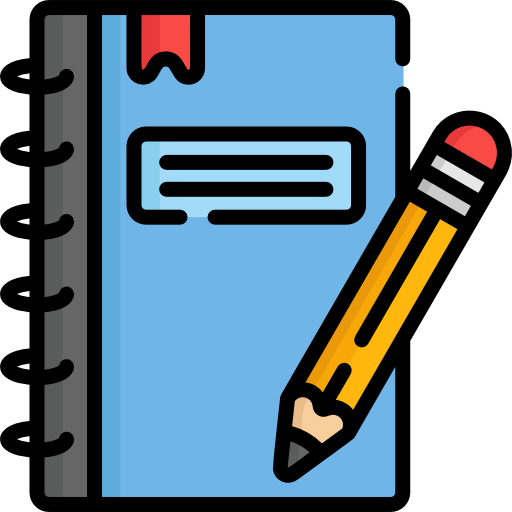
Workbook (haz tu copia)
Incluso con las mejores intenciones, para cuando termines esta sesión, habrás olvidado la mitad de lo que aprendiste. ¡Es infinitamente más probable que recordemos lo que escribimos, por lo que este workbook está diseñado para ayudarte a hacer exactamente eso!
Workbook (haz tu copia)
Incluso con las mejores intenciones, para cuando termines esta sesión, habrás olvidado la mitad de lo que aprendiste. ¡Es infinitamente más probable que recordemos lo que escribimos, por lo que este workbook está diseñado para ayudarte a hacer exactamente eso!


